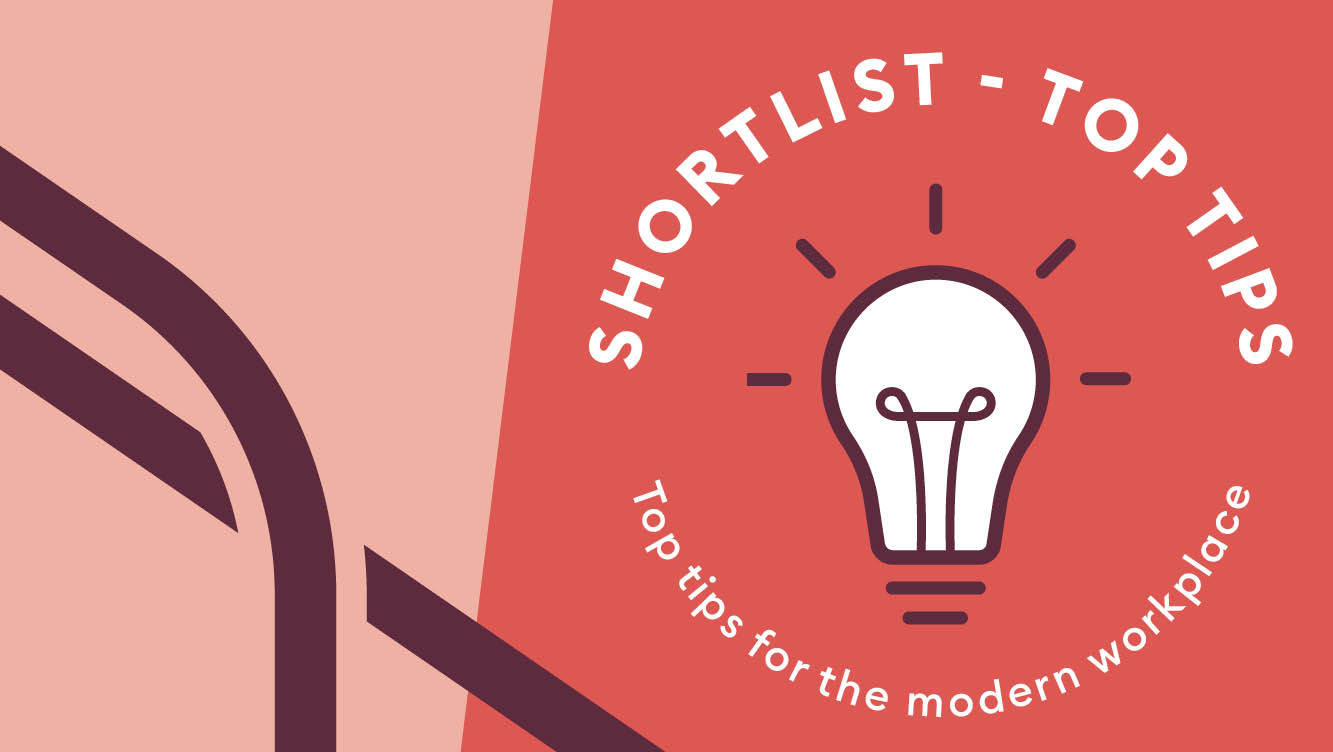Start planning for your ‘second act’ as soon as possible, advises Dorie Clark, executive education professor at Duke University’s Fuqua School of Business and author of Reinventing You.
The vast majority of today’s professionals want to keep working in retirement (many may need to, financially speaking). Ideally, this will involve taking on an interesting, personal growth opportunity.
As I discovered in the course of writing my book Reinventing You, by asking yourself the following questions, and starting to plan for your second act as soon as possible, you can create a runway that leads you directly into your next meaningful challenge.
1. How much money do you need to earn?
If earning a certain amount of money is mandatory for your retirement plans, that criterion comes first, and will likely limit your options.
Specifically, you’re more likely to need to continue working full-time (since those positions are usually more remunerative), and you may need to stick close to the field in which you spent the bulk of your career, because you’ll get paid more for the seniority and experience you’ve accrued. If earning a robust salary isn’t mandatory, however, there are a number of other questions to consider.
2. How much location independence do you want?
If you have visions of balancing a little bit of work with a lot of travel, or you’d like to winter in sunny climes, you’ll want to think carefully about how to cultivate a location-independent second act.
Perhaps you could choose a job that only operates for a portion of the year and allows flexibility the rest of the time (such as being a teacher or university instructor) and begin to look into gaining any new skills you would require.
Or you may want to focus on Internet-enabled jobs that can be done from anywhere, such as being a freelance writer, web designer or a business consultant. As long as you have a deep enough base of contacts to land the work in the first place, it may not matter where you’re based when you’re actually performing it.
3. How radical a change are you seeking?
If you’re still interested in your current field and would simply like to downshift a bit, you have some easy options. One is to discuss the possibility with your current employer of transitioning from a full-time employee into a consultant role, perhaps working a few days a week, or focusing on a specific project.
That can ease your transition into retirement with a guaranteed pay check before you walk out the door. Alternately, you may have other industry contacts that would like to hire you as a consultant, as well. If you’re looking for a bolder change and to leave your current field behind, you’ll need to start laying the groundwork because you’re likely to have fewer contacts in your new profession.
4. How can you start test-driving your future career now?
In Reinventing You, I profile a woman named Patricia Fripp, who started her career as a hairdresser but discovered that she loved public speaking. She honed her skills on the side initially, doing presentations at hair shows; eventually some of her hair-cutting clients who worked for corporations invited her to present on customer service and sales to their teams.
But despite her passion for speaking, she knew it would be rash to quit her day job and try to make a living from it right away. Instead, she had a 10-year lease on her hair salon, and she created a long-term plan to build up her book of speaking business so that when her lease expired, she could transition seamlessly into her new profession. And that’s exactly what she did.
The further in advance you start planning, the more runway you have to experiment and try out new directions on the side, while you still have the security of your regular income.
















